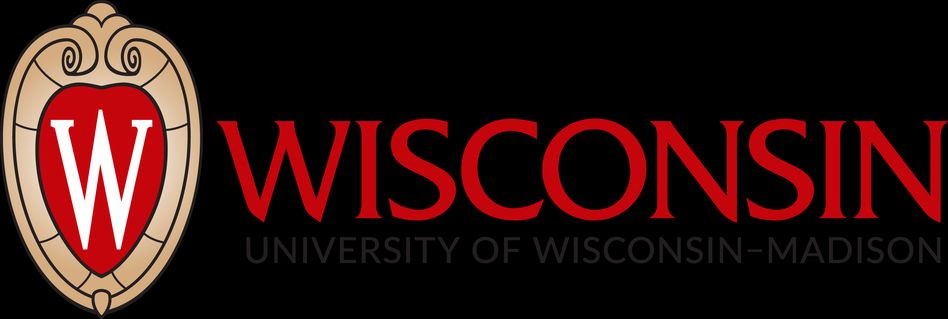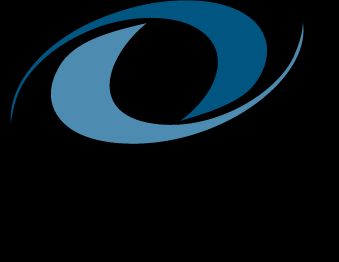
Exploring unpaid internships: Issues of access, equity, and learning
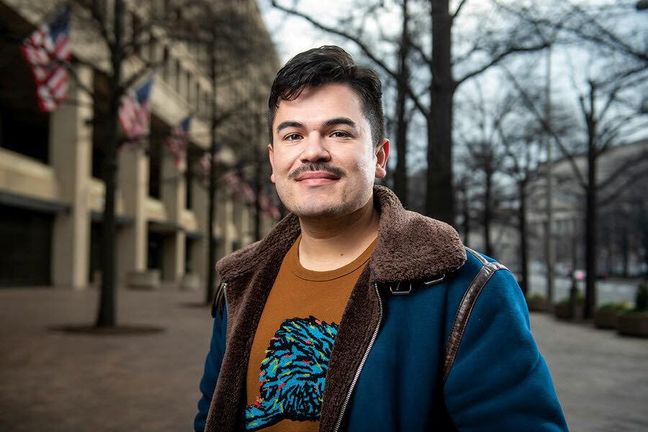
Carlos Mark Vera
Pay Our Interns

Nidia Bañuelos
UW-Madison, Department of Liberal Arts & Applied Studies
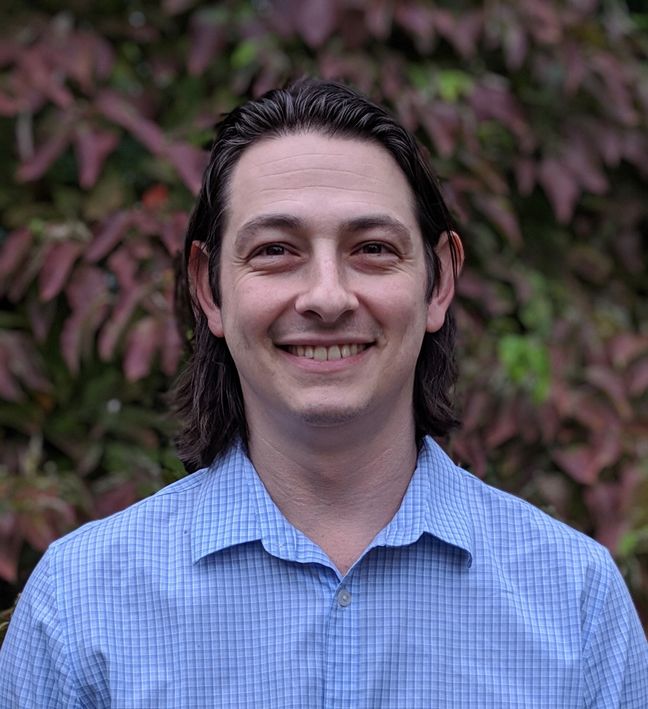
Joshua Kahn
National Association of Colleges and Employers

Annie Weinschenk
Career Center, University of Maryland, Baltimore County

James R. Jones
Rutgers University-Newark

Emily Pettinato
Greater Scranton Chamber of Commerce

Hongwei Yu
University of Wisconsin-Madison

Dwayne Peterson
New College of Florida
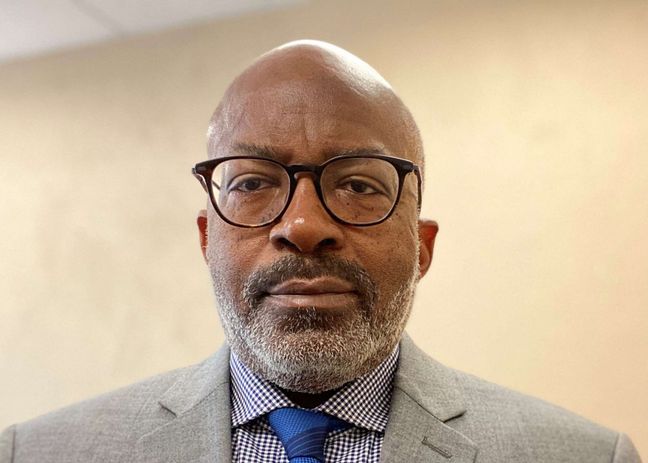
Gregory McElveen
Fayetteville State University (FSU)
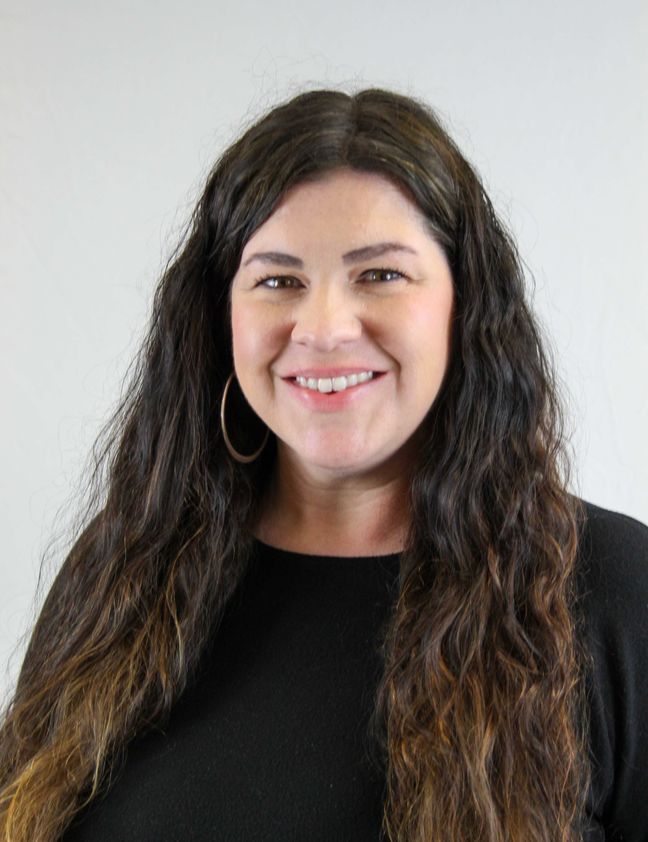
Lana Farley
University of Baltimore

Matthew Hora
University of Wisconsin-Madison

Rachel Lipson
Harvard Project on Workforce
Location
Online event:
Dates
Registration period:
February 23, 2022 - 11:00 AM CST - April 7, 2022 - 11:00 AM CDT
Contact us
If you have any questions, please contact takram@wisc.edu

